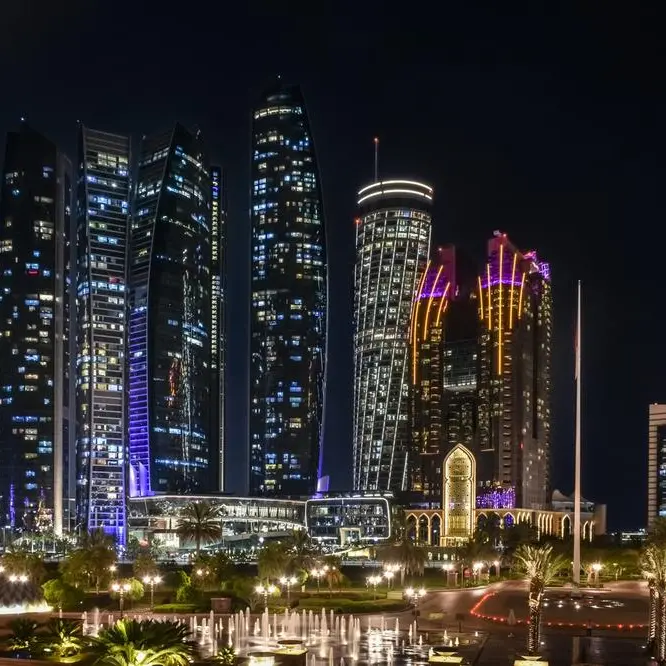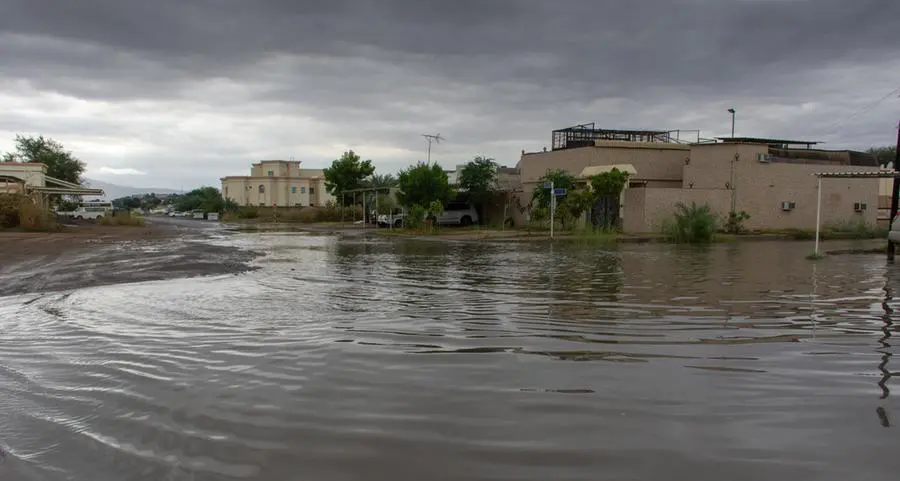PHOTO
Looking at where we are now, what are your views on market sophistication in the Middle East?
Having just returned from a visit to Dubai I have been excited to see the rapid evolution and increasing market sophistication of banks and financial services in the GCC and wider Middle East. This is evidenced by the practises of some of the bigger banks who are making strong moves to innovate and utilise technology to modernise and stay relevant to their customers.
We are seeing a significant shift in the outlook of the big banks with many looking at innovative ways to offer digital and online wealth management services to their clients. This is a positive development for the likes of Saxo Bank as we really believe the bank of the future will survive and thrive best by collaborating and this is at the heart of our institutional partnerships.
We believe that soon banks will not develop much technology themselves. Instead, the successful ones will operate with an open model which makes it easy to add new services without adding high costs and complexity. This will be a big change for banking customers in the region. Traditionally, it’s been the case that if you have wealth in the Middle East you will typically have an advisor who invests money on your behalf. However, we are now increasingly seeing larger banks introduce technology initiatives offering those services to their clients online. I can only see this trend accelerating and this is reflected in our business too.
In addition to the shift in the overall banking landscape, we are also seeing the regulatory environment is becoming increasingly sophisticated.
Another important evolutionary mark for the Middle East and Saudi Arabia in particular was the Aramco IPO. This is going to further transform Saudi and the region. It’s an exciting time!
As chief commercial officer, where do you see opportunities?
Wealth management is especially interesting to us right now, particularly in the area of independent financial advisors (IFAs). We see that segment as being ripe for technological innovation in a way which is right at the heart of our institutional offering.
I strongly believe that we are going to see the IFA segment evolving quickly on a global level. It’s even already happening in the Middle East.
In addition, we’re seeing opportunities in large banks all over the world that have very costly IT infrastructures. We all know that the core competency of banks is service to clients, however many banks are being weighed down by an outdated infrastructure technology. For those banks bold enough to make big changes to the likes of flexible technology and cloud- based solutions, the future is bright.
When a bank switches to a more open model, it gets the benefit of both more flexibility but also lower costs. Given that banks worldwide are all under pressure to reduce costs, they are already looking to outsource investment technology.
What are the main challenges in realising these opportunities?
There are a number of challenges in financial services as a whole and Saxo Bank is not immune to them. One of those is the drive to drop commissions to zero. The banking industry has traditionally relied on commissions and the industry is evolving to a zero-commission structure. Under this new structure, all banks, including Saxo, have been affected by the fact that this revenue stream is not going to exist in the coming years. Banks now need to develop their businesses to make money in different ways. Some examples of these may be through lending, margin trading with leverage, and securities financing.
The second big challenge in the industry is something we see as an opportunity at Saxo Bank and that is the issue with the core technology of banks. Some of these big banks are running core banking systems on legacy technology and they are facing a big decision as to whether they want to unwind those systems to modernise, or to run a parallel new and dynamic system. The risk is that if they do neither they face the huge risk of being swallowed up by the new fintech companies who are making their mark on the industry.
These new and dynamic fintechs are a real threat to the banking industry as they deliver relevant and razor-sharp digital customer experience that makes banks look dusty and foot-dragging.
We as consumers, trust the internet now and if someone offers me a bank account with good interest rates and incentives, I may not switch my salary account to them overnight, but I would definitely use it. The big banks who do not innovate will soon find that they cannot really be as nimble as these fintech companies and thus there is a real risk they could lose customers.
Saxo Bank has a prominent presence in the Middle East, how would you describe your pipeline in this market for 2020?
I’m very excited about our business pipeline for 2020. We are already doing business with many big-name banks in the region. From an institutional business perspective, we have a very full and healthy pipeline.
On the retail side, we continue to expand our business to better service what our clients want. There are many wealthy individuals in the Middle East who want access to global capital markets, they want to trade with leverage, they want to trade foreign exchange.
We are also seeing a shift to ethical investing—that is the directing of savings and investments towards companies and funds that use sustainability drivers to add value to shareholders and we expect to see this trend growing exponentially.
“THE BANKING INDUSTRY HAS TRADITIONALLY RELIED ON COMMISSIONS AND THE INDUSTRY IS EVOLVING TO A ZERO-COMMISSION STRUCTURE.”
— Damian Bunce
“WE ARE ALSO SEEING A SHIFT TO ETHICAL INVESTING—THAT IS THE DIRECTING OF SAVINGS AND INVESTMENTS TOWARDS COMPANIES AND FUNDS THAT USE SUSTAINABILITY DRIVERS TO ADD VALUE TO SHAREHOLDERS AND WE EXPECT TO SEE THIS TREND GROWING EXPONENTIALLY.”
— Damian Bunce
© 2020 CPI Financial. All rights reserved. Provided by SyndiGate Media Inc. (Syndigate.info).












